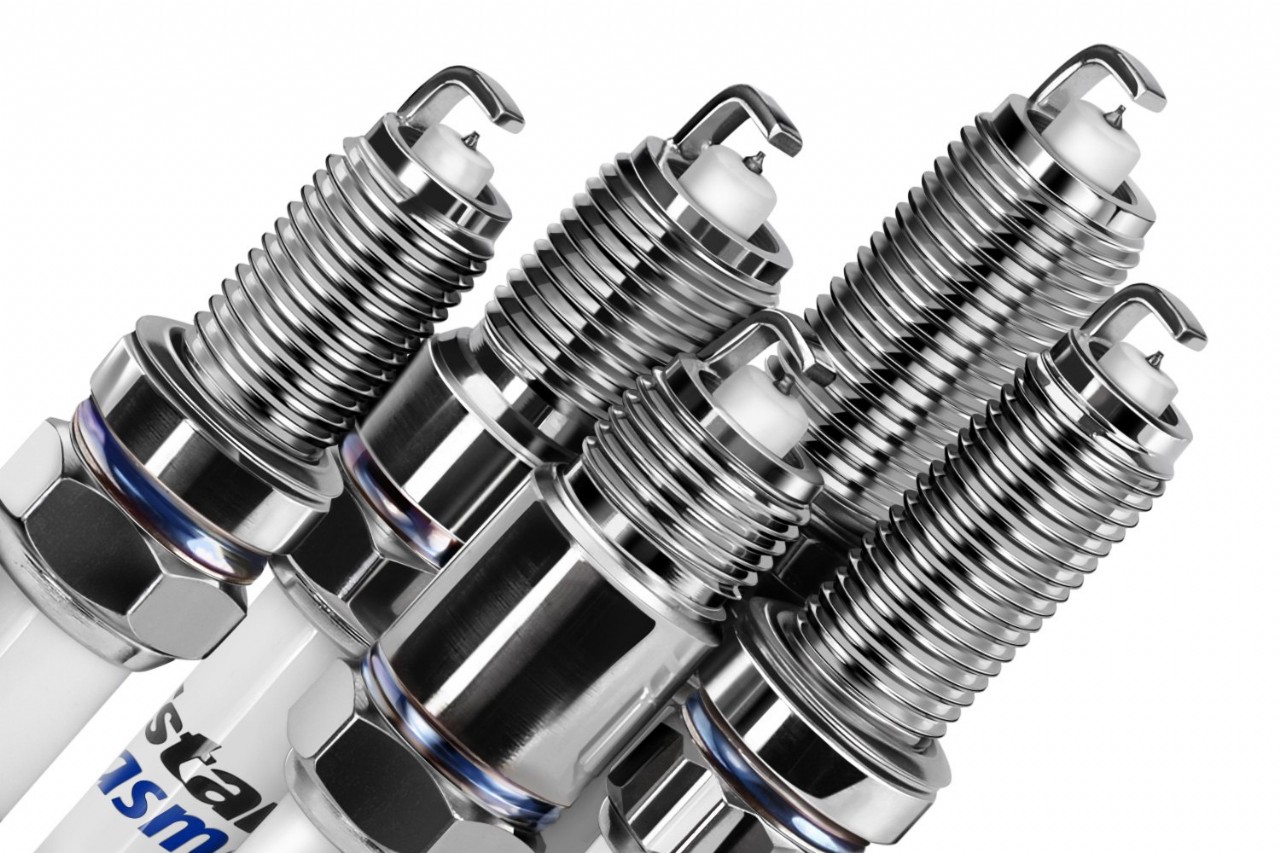Looking for about oil change interval by engine or learn about oil change interval by engine or discuss about oil change interval by engine or share about oil change interval by engine or ask about oil change interval by engine.
Regular oil changes are essential for maintaining the health and longevity of your vehicle's engine. Over time, motor oil becomes contaminated with dirt, debris, and combustion byproducts, which can lead to increased friction and wear on engine components if not properly addressed. Therefore, it is crucial to follow the recommended oil change intervals specific to your vehicle's engine. Let's explore different factors that determine these intervals:
The type of engine in your vehicle plays a significant role in determining the oil change interval. Traditional gasoline engines typically require an oil change every 3,000 to 5,000 miles (4,800 to 8,000 kilometers) or every three to six months, whichever comes first. However, with advancements in engine manufacturing and oil technologies, newer vehicles may have extended oil change intervals.
Diesel engines, on the other hand, work under higher pressure and temperatures, leading to faster oil degradation. Generally, diesel engines require more frequent oil changes, typically every 5,000 to 7,500 miles (8,000 to 12,000 kilometers) or every six months, considering normal driving conditions.
It is essential to consult your vehicle's owner's manual or contact the manufacturer for the specific oil change interval recommended for your engine. Manufacturers design their engines and specify intervals based on extensive testing and research to ensure optimal performance, reliability, and longevity. Following these recommendations will help keep your engine running smoothly and extend its lifespan.
Your driving conditions also affect the oil change interval. If you regularly subject your vehicle to extreme temperatures, such as excessive heat or cold, you may need to change the oil more frequently. Additionally, if you frequently engage in stop-and-go traffic or towing heavy loads, your engine works harder and the oil breaks down faster, necessitating shorter intervals between oil changes.
The quality of oil you use also impacts the change interval. High-quality synthetic oils tend to provide better protection and have longer change intervals compared to conventional oils. Synthetic oils can withstand higher temperatures, resist breakdown, and may offer improved fuel efficiency. However, always ensure that the type of oil you choose complies with your manufacturer's recommendations.
A proper oil change interval is essential to maintain the health of your engine and optimize your vehicle's performance. By considering the factors mentioned above and following manufacturer recommendations, you can ensure that your engine remains in top condition, providing you with a reliable and smooth driving experience for years to come.
Regular oil changes are vital for maintaining the performance and longevity of your vehicle's engine. Oil serves as the lifeblood of an engine, lubricating its moving parts, reducing friction, and carrying away heat. Over time, however, engine oil accumulates dirt, debris, and contaminants, diminishing its effectiveness. That's why a routine oil change is necessary to ensure optimal engine health.
It is commonly recommended to have an oil change every 3,000 miles or three months, whichever comes first. However, this guideline has evolved over the years as engine technology and oil formulations have advanced. Many modern vehicles and engines are built to withstand higher mileage before an oil change is necessary.
While the 3,000-mile rule still applies to some older vehicles and those operated under severe driving conditions, such as stop-and-go traffic or towing heavy loads, it may not be necessary for newer cars. Here are some factors to consider when determining the ideal oil change interval for your engine:
If you're unsure about the ideal oil change interval for your specific engine, it's always recommended to consult a trusted mechanic or your vehicle manufacturer's service center. They can provide expert advice based on the specifications and requirements of your engine.
Remember, neglecting oil changes or extending the oil change interval beyond recommended limits can lead to engine damage, decreased fuel efficiency, and potentially costly repairs. Knowing your engine, following the manufacturer's guidelines, and assessing your driving conditions will help you determine the best oil change interval for your vehicle.
With regular oil changes, you can keep your engine running smoothly and protect your investment for many miles to come.

Changing Kyocera Battery At Home Introduction Kyocera phones are known for their durability and long battery life. However, even the best batteries

Tabii ki, işte "Aftermarket Spark Plugs" ile ilgili İngilizce bir makale: Aftermarket Spark Plugs: What are they and why you should consider them Sp

Yardmax Dual Rotating Rear Tine Tiller YT4565 TroubleshootingProblemEngine fails to start.Cause1. Spark plug wire is disconnected2. Out of fuel or sta

Track daily activity with Apple WatchThe Activity app on your Apple Watch keeps track of your movement throughout the day and encourages you

Production2018–presentAssemblyGermany:RegensburgChina:ShenyangMexico:San Luis PotosiThailand:RayongDesignerMarc Michael MarkefkaBody and chassisClassC
What is the oil capacity and recommended oil type for a 2008 Ferrari 612 One to One? What is the oil capacity and type for the Ferrari 599?
Wednesday, April 5, 2023 Ferrari / 612 Answered: 3 182
182Elliott asked.
What is the oil capacity and type required for the Mercedes-Benz C 63 Cabriolet?
Monday, February 27, 2023 Mercedes-Benz / C 63 Cabriolet Answered: 4 373
373Alfred NE28 asked.
Learn the recommended oil filter replacement schedule for a Mercedes GLC 43 AMG and discover how to efficiently replace it to maintain top performance.
Thursday, March 7, 2024 / Mercedes GLC 43 AMG oil filter replacement Answered: 1 128
128Pembroke asked.
Find out the recommended oil change frequency for a BMW 430i. Get expert advice, tips, and guidelines to properly maintain your vehicle's engine.
Friday, January 5, 2024 BMW / Oil change frequency for BMW 430i Answered: 2 153
153Taylor Walker asked.
Discover the exceptional features of Harley Davidson Touring models. From powerful engines to advanced technology, explore what sets these bikes apart.
Tuesday, January 9, 2024 Motorcycles / Harley Davidson Touring models Answered: 3 219
219Peyton Reed asked.
Learn how to easily change the time on your GARMIN MARQ Athlete watch with these step-by-step instructions. Stay on track and never miss a beat.
Friday, December 22, 2023 Garmin / Changing time and date on GARMIN MARQ Athlete watc Answered: 3 178
178DancingQueen_D asked.
What are the steps to update the time and date on my Alcatech A1?
Thursday, May 11, 2023 Alcatech / A1 Answered: 4 377
377Jacob asked.
Learn how the oil system in the Mercedes-AMG GLC 43 SUV operates and provides efficient lubrication and cooling for optimal performance.
Saturday, December 23, 2023 Mercedes-Benz / Mercedes-AMG GLC 43 SUV oil system Answered: 3 169
169dalevt asked.
What type of oil is recommended for the Hyundai ix55 and how much oil does it require?
Monday, March 27, 2023 Hyundai / ix55 Answered: 2 180
180Brendan asked.
Can using too much or too little oil in a BMW 316 cause damage to the engine?
Saturday, February 25, 2023 BMW / 3.16 Answered: 4 181
181hugo_1983 asked.
This page has been viewed a total of 112 times
tepte.com: Your Questions and Answers Resource with a Wealth of General Knowledge
Are you seeking a one-stop destination for comprehensive knowledge and answers to your burning questions? Look no further than tepte.com! Our platform is your go-to source for a wide range of information, all conveniently presented in an easily accessible question and answer format.
At tepte.com, we pride ourselves on being your reliable knowledge hub. Whether you're curious about technology, science, history, or any other subject under the sun, our extensive General Knowledge (GK) knowledge base has you covered. We've made it our mission to provide you with in-depth insights and facts on an array of topics. Read more